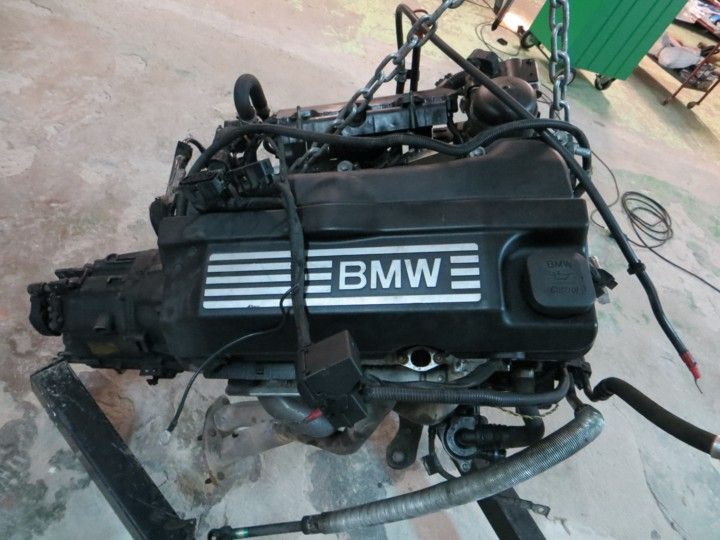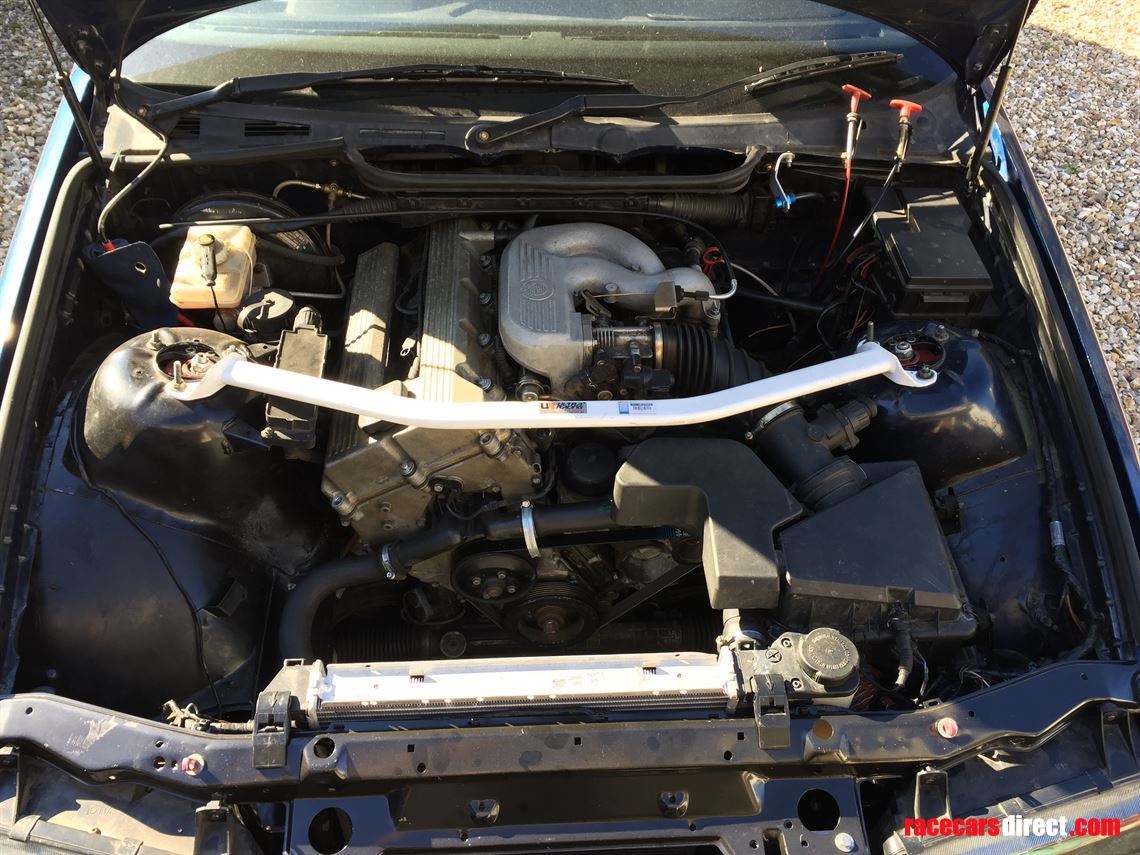BMW 318ti: A Timeless Compact with Timeless Appeal
BMW 318ti: A Timeless Compact with Timeless Appeal
Blog Article
Key Functions to Look for When Getting an Engine for Automotive Applications
When considering the purchase of an engine for automotive applications, several key functions require mindful analysis to make sure optimal performance and capability. From power and performance capabilities to fuel adherence, performance, and longevity to emissions requirements, each facet plays a critical function in figuring out the engine's viability for specific automotive demands. Cost-effectiveness remains a pivotal element in the decision-making procedure, stabilizing quality with economic considerations. These features collectively add to the overall effectiveness and dependability of the engine, influencing the driving experience and lasting fulfillment of the customer.
Power and Performance
When choosing an automobile engine, buyers focus on power and performance to guarantee ideal driving experience and performance. The power outcome of an engine, commonly determined in horsepower (HP) or kilowatts (kW), determines the velocity, full throttle, and general capabilities of a vehicle. Greater power rankings generally result in quicker velocity and better performance, specifically throughout surpassing or lugging heavy lots. Performance, on the various other hand, includes a more comprehensive range of qualities, including fuel performance, exhausts, reliability, and total driving characteristics. A well-performing engine not just supplies power successfully however additionally runs efficiently throughout different speed arrays and driving conditions.
Furthermore, elements such as engine crossbreed, turbocharging, and variation innovations play significant functions in enhancing both power and performance levels. Ultimately, picking an engine that offers a powerful mix of power and efficiency guarantees a reliable and rewarding driving experience.
Fuel Performance
Enhancing gas efficiency is a paramount factor to consider for consumers when examining vehicle engine choices. The efficiency of an engine directly affects operating expense and ecological footprint. One key factor affecting gas efficiency is the engine's style and modern technology. Modern engines with features like direct gas injection, turbocharging, and variable valve timing can significantly improve fuel performance by improving burning procedures and minimizing energy loss. Additionally, the general weight of the engine and lorry, as well as the aerodynamics, play essential duties in identifying gas intake.
Toughness and Reliability
Accomplishing durable efficiency and trustworthy operation is necessary for consumers assessing the durability and dependability of automotive engines. When thinking about an engine for automotive applications, toughness describes the engine's capacity to endure wear, stress, and harsh operating conditions over a prolonged duration. Dependability, on the other hand, indicates that the engine can constantly perform its desired function without unanticipated failures or failures.
Consumers should try to find engines constructed with high-grade materials and exact engineering to make sure longevity. Parts such as bearings, pistons, and crankshafts should be long lasting to handle the engine's power result without premature wear. Additionally, engines outfitted with advanced cooling systems, effective lubrication, and robust filtration systems often tend to exhibit greater degrees of integrity.
Routine upkeep and adherence to manufacturer suggestions are also essential aspects in protecting an engine's durability and dependability. By complying with upkeep routines, making use of advised fluids, and attending to any kind of concerns without delay, consumers can optimize the life expectancy and performance of their vehicle engines. Eventually, prioritizing resilience and integrity in engine option can result in a more gratifying possession experience with fewer unforeseen disturbances.
Discharges Compliance
Guaranteeing compliance with exhausts regulations is a vital facet of reviewing vehicle engines for environmentally mindful customers. With enhancing problems regarding air high quality and ecological influence, rigorous emissions requirements have actually been established globally to minimize unsafe contaminants released into the ambience. When acquiring an engine for automotive applications, it is vital to consider its emissions conformity to decrease the carbon impact and abide by lawful requirements.
Modern engines are outfitted with sophisticated discharge control innovations such as catalytic converters, exhaust gas recirculation (EGR) systems, and selective catalytic decrease (SCR) to this contact form minimize harmful exhaust gases like nitrogen oxides (NOx), carbon monoxide (CO), and hydrocarbons (HC) These systems play an essential function in ensuring that the engine meets the specified exhausts standards and runs within permitted restrictions.

Cost-effectiveness
When considering auto engine purchases, reviewing cost-effectiveness is extremely important for customers seeking both efficiency and worth. It encompasses the total expenditures related to upkeep, fuel intake, and prospective fixings over the engine's life expectancy.
One secret facet of cost-effectiveness is gas performance. Engines that are developed to optimize gas economy can cause substantial cost savings with time, particularly for individuals who drive regularly or over cross countries. Additionally, considering the availability and cost of spare content parts and servicing can add to the overall cost-effectiveness of an engine. Making certain that repair and maintenance are available and sensible can prevent unforeseen monetary burdens down the line.

Conclusion
In verdict, when purchasing an engine for vehicle applications, it is vital to think about vital attributes such as power and performance, fuel toughness, reliability and efficiency, discharges compliance, and cost-effectiveness. These factors are vital in making sure that the engine fulfills the requirements of the automobile and runs effectively in numerous driving conditions - bmw 318ti. Making a notified choice based upon these requirements will ultimately cause a reliable and successful automobile engine purchase
From power and efficiency capacities to fuel adherence, efficiency, and durability to discharges criteria, each element plays an essential duty in identifying the engine's suitability for certain automobile requirements. Engines designed to run on different gas such as electric power, crossbreed systems, or biofuels can offer improved fuel economic climate and reduced discharges compared to standard gas or diesel engines. Consumers ought to very carefully think about the gas efficiency ratings and technologies incorporated into automotive engines to make educated getting choices that straighten with their concerns for price savings and sustainability.
When thinking about an engine for automotive applications, durability refers to the engine's click for source capability to endure wear, tension, and harsh operating problems over an extended period.In conclusion, when acquiring an engine for automotive applications, it is vital to think about crucial functions such as power and performance, fuel performance, sturdiness and dependability, emissions compliance, and cost-effectiveness.
Report this page